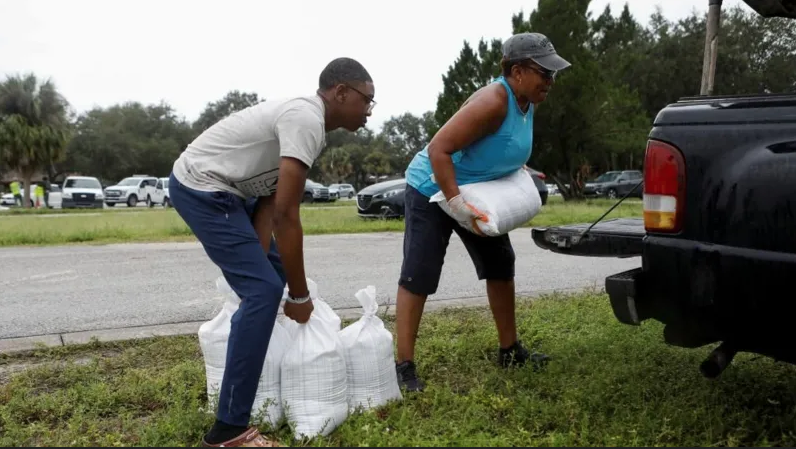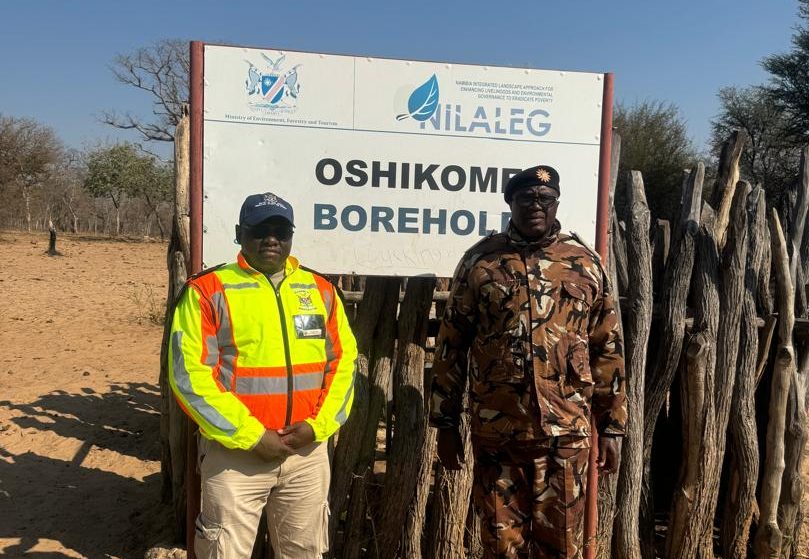‘Slums here to stay’
Written by on June 6, 2024
… 720 households to be electrified in Windhoek at a cost of N$11,4 million
Analysts say the City of Windhoek’s plan to electrify 720 households at a cost of N$11,4 million, which is expected to be completed by the end of August, is aimed at scoring political votes.
While addressing the council meeting, Windhoek mayor Queen Kamati on Thursday said the city is at an advanced stage to electrify 720 households in a priority project.
Kamati said the City of Windhoek has a five-year electrification plan that aims to connect approximately 4 000 homes in informal settlements, with an annual budget of between N$15 million and N$20 million.
Social justice activist Rinaani Musutua says the council has turned to electrifying homes just before elections, which she says is something politicians do to gain votes.
“I hope that all Namibians will soon realise that and start putting pressure on politicians by demanding proper service delivery from them. They have absolutely no plans of solving the housing problem in Namibia . . . All they care about is being voted into power so that they can continue enjoying their fat salaries for doing absolutely nothing,” she says.
Musutua says city housing should take centre stage, and electrification will automatically follow once decent houses are built.
“Electrifying slums only means that you have no intention of building decent houses for the people, but expect people to continue living in shacks. The slums are here to stay, unless the Namibian people start making their demands heard,” she says.
According to Musutua, there has never been a plan with the intention of formalising and improving the structure of the informal settlements, even after the Shack Dwellers Federation has been working with the city to upgrade the slums.
“The federation should be supported more by the city, as they have the true sense of what people need and their interest at heart. It will be hard to electrify all shacks if there is no proper structure,” she says.
Meanwhile, Affirmative Repositioning spokesperson George Kambala says 720 homes scraping their way out of the darkness is a start, but a small one.
“The Swapo regime is finally acknowledging the shameful neglect faced by our brothers and sisters in the informal settlements,” he says.
Kambala says access to electricity will empower residents to engage in economic activities that were previously impossible.
“Children will have better studying environments, leading to improved educational outcomes and future opportunities. The availability of electricity will enhance safety and health, reducing the costs associated with accidents and health issues related to living in darkness,” he says.
Kambala says he acknowledges the progress, however, the city has a moral obligation to fulfil its five-year plan.
“While we celebrate this achievement, we must also demand more aggressive timelines and broader coverage to ensure no one is left behind,” he says.
Kambala says despite the structure of the informal settlement the project is doable.
“With the right planning, community involvement and efficient use of resources, the electrification of these areas can be achieved,” he says.
Kamati said the city is committed to improving the quality of life for every resident, regardless of socio-economic status.
“Access to electricity is not just a commodity; it is a lifeline. It powers our homes, fuels our businesses, lights our streets and most importantly, it provides hope and opportunity,” Kamati said.
She said the residents of Windhoek’s informal settlements have faced the challenges of darkness for too long, which has not only limited their potential, but also compromised their safety, health and well-being.
She noted that the project is funded by the government.
The post ‘Slums here to stay’ appeared first on The Namibian.


